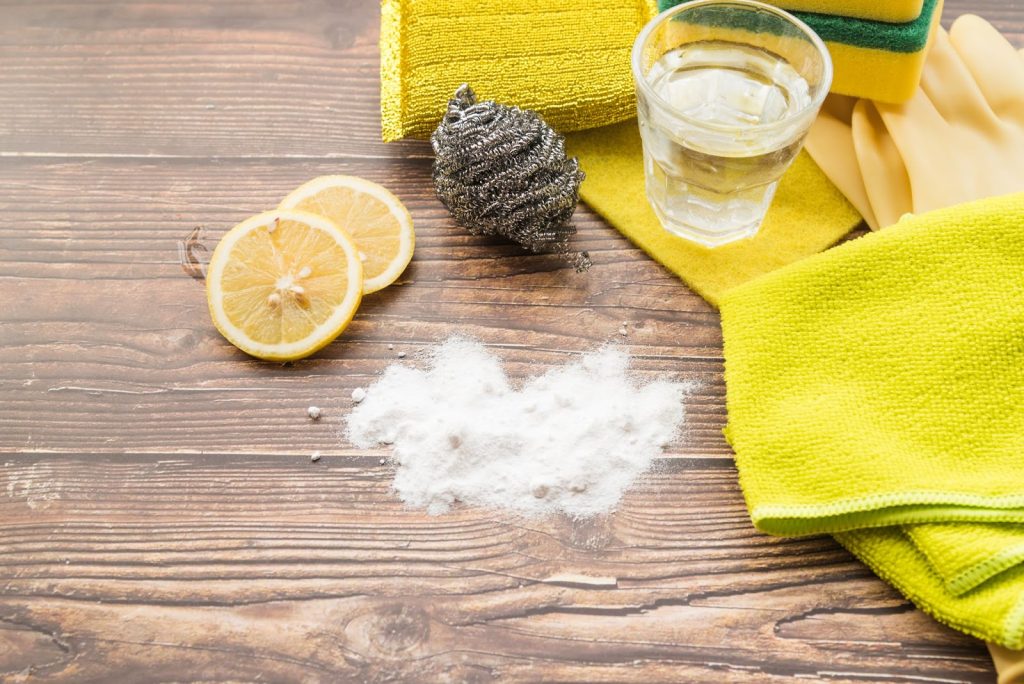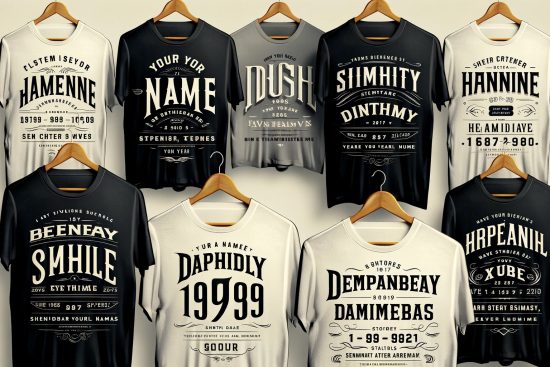
|
Getting your Trinity Audio player ready...
|
Hello Dear Cooks,
We got something for you…
Please read with attention as the blog has some magical tips & tricks to keep your whites actually white or we can say clean & clear.
We know, in the world of kitchen, chef whites are more than just a uniform.
They’re a symbol of cleanliness, professionalism, and passion.
But with the hustle and bustle of the kitchen, keeping them spotless can be a real challenge.
Fear not, we have concocted the perfect recipe for maintaining the brilliance of your chef whites.
Pre-Treatment – First-Aid for Stain Removal

- Act Pretty Much Quickly on Spills
As soon as a spill happens, blot the stain gently to remove excess. Immediate action prevents the stain from setting in.
- Homemade Stain Remover
Make a paste of baking soda with water or use a gentle, natural stain remover. Apply it to the stain and let it sit for a few minutes before washing.
Choosing the Right Detergent and Settings

- Detergent is a Key
Opt for a high-quality detergent that’s tough on stains but gentle on fabrics. Detergents formulated for white fabrics can be especially effective.
- Wash Settings Matter Alot
If the care label permits, use a hot water setting as it’s more efficient in breaking down food stains and grease.b
Abracadabra of Natural Whitening Agents

- A Cocktail of Vinegar and Lemon Juice
Add a cup of distilled white vinegar/lemon juice to the rinse cycle. These natural whiteners help in removing yellowish tints and restoring brightness.
- Baking Soda for Extra Brightness
Add half a cup of baking soda to the wash cycle. It not only aids in cleaning but also leaves your whites looking brighter.
Rocket Science of Drying and Ironing – Finishing Touch

- Avoid Over-Drying
Overdrying can cause yellowing. If possible, line-dry your chef whites in the shade since direct sunlight can lead to fading.
- Ironing for a Crisp Look
Iron your chef whites while they are slightly damp. This will give them a crisp, professional look. It is called a pro tip to make whites white and perfect.
Regular Care and Maintenance

- Routine Cleaning
Clean your chef whites regularly. Allowing stains to sit for too long can make them harder to remove. The best thing we can do is to take care of our professional attire with a bit of cleaning consistency.
- Storing with Care
Store your whites in a cool, dry place away from direct sunlight to prevent yellowing over time. Sometimes our white clothes get stained in dirty, wet & dark places.
Handy Tips for Stubborn Stains
Avoid Bleach Overuse
While bleach is effective, overuse can damage the fabric and cause yellowing. Use it sparingly. Know the level of stain and plan to add bleach accordingly. Anything in excess amount can cause trouble. Always read the instructions carefully, especially about fabric washing.
Check for Remaining Stains
Before drying, check if any stains remain. The heat from the dryer can set stains permanently. This is something that needs to be focused on a lot. Many people don’t practice this step after cleaning and start ironing which causes permanent disaster.
Pre-soak for Tough Stains
For particularly stubborn stains, a pre-soak in a mixture of water and detergent can be effective. This is somehow the best tip we suggest you follow. Most effective yet safe for any kinda of clothing. White clothing care itself is a full-time job to make them look fine and neat. Water is the magical ingredient.
Check the Right Temperature of Water
| Water Temperature | Type of Stains |
| Hot Water | Tackling Heavy-Duty Stains |
| Ideal for Oil, Fat, Tomato, Butter, Mayonnaise, Cheese chocolate, Wine, Beer, and Grease Stains | |
| Cold Water | Effective for Protein-Based Stains |
| Recommended for Stains from Dairy- Cheese,Ice cream, Desert, Eggs, Gravy, and Blood |
Notes:
- Utilise detergents containing enzymes like lipases for effective removal of greasy stains.
- Hot water may set the stain, while cold water helps lift it, preventing it from embedding into the fabric.
- For protein-based stains, consider using an enzyme-based stain remover. Detergents containing proteases are particularly effective for combating such stains.
Conclusion
Keeping your chef whites sparkling is a blend of prompt action, the right washing techniques, and a bit of kitchen wizardry. Follow these practices, and your chef whites will remain as flawless as your culinary creations.
Remember, your attire reflects your dedication to the culinary arts so,
keep it white, keep it bright!
FAQs
What is the white thing that chefs wear?
The white garment that chefs wear is called a chef’s coat or chef’s white. It’s a traditional uniform designed for the kitchen.
Why are chefs whites white?
Chefs wear white uniforms as a symbol of cleanliness and professionalism. White is also believed to reflect heat, keeping chefs cooler in hot kitchen environments.
What do chefs wear to protect themselves?
Chefs wear various protective gear, including aprons, oven mitts, and non-slip shoes, to protect themselves from burns, spills, and other kitchen hazards.
How often should you wash a white coat?
Washing a white coat after each use is recommended to maintain cleanliness and prevent stains from setting. However, washing coats every few days may be sufficient in busy kitchen environments. Also, to avoid the smell of the kitchen.
How do you get tough stains out of chef whites?
Tough stains on chef whites can be removed by pre-treating with a stain remover or soaking them in hot water and oxygen-based bleach before washing.
How do chefs keep their jackets clean or how do you get a white coat white again?
Chefs keep their jackets clean by promptly treating stains, washing them regularly with a detergent designed for kitchen uniforms and following proper laundering techniques to preserve the fabric’s quality.
Does baking soda remove yellow stains?
Yes, baking soda can effectively remove yellow stains from white fabrics. Its abrasive properties help lift stains while its alkaline nature helps neutralise odors.
Do you wear a shirt under chef whites?
It’s common practice for chefs to wear a clean, lightweight undershirt or moisture-wicking garment under their chef whites to absorb sweat and maintain comfort during long hours in the kitchen.
Do you have to wear chef whites in the kitchen?
While wearing chef whites is a tradition in many kitchens, it’s not always mandatory. However, white uniforms are preferred for their cleanliness and professional appearance.
What is the difference between a white coat and a black coat chef?
The main difference between white and black coat chefs is the colour of their uniforms. White-coat chefs typically work in fine dining or traditional kitchen environments, while black-coat chefs may work in more contemporary or casual settings.
Picture Credits: Freepik.com
Suggested Reads:
- Stay Comfortable and Safe with Best Chef Boots in Australia
- Top Hotel Uniforms for a Lasting Guest Impression
- Creative Bartender Uniform Ideas to Enhance the Look of Your Staff




















